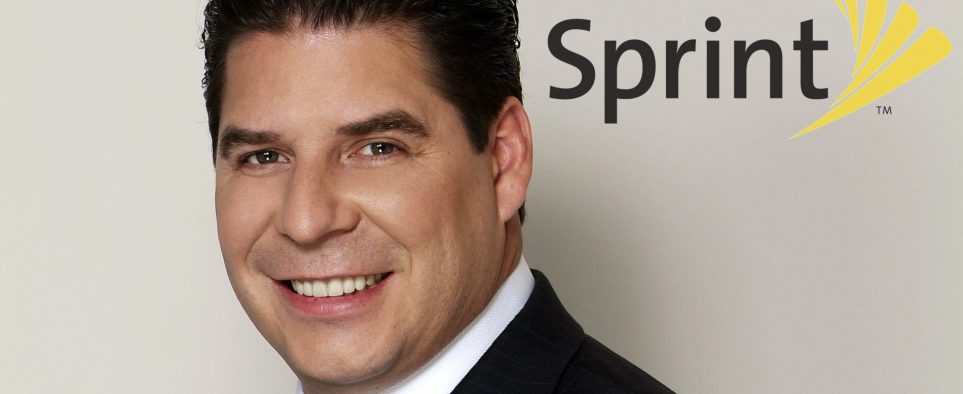This month, as a court acquitted Minnesota police officer Jeronimo Yanez in the death of Philando Castile, additional details of the shooting and ensuing investigation emerged.
Gizmodo and the Minnesota Star Tribune reported that more subpoenas and search warrants were issued on Castile’s girlfriend, Diamond Reynolds, than on Yanez. The Minnesota agency tasked with investigating his death sought seven warrants on Castile and Reynolds. Gag orders accompanied the subpoenas to third parties holding the couple’s data, requiring that Facebook, Apple, Sprint and others not tell Reynolds her data was under review.
Sprint and Apple complied. Facebook didn’t.
Law enforcement has sought data from telecommunications companies since Alexander Graham Bell invented the telephone. Phone companies have complied with subpoenas and warrants, sometimes offering up data without requiring an official request at all. What is notable is that, while Sprint and Apple have followed a long-standing tradition of relying on law enforcement (or courts) to determine whether customers’ privacy needs protection, Facebook, taking on a proactive role, has not.
Times are changing in telecommunications. Data requests from telecoms companies have increased as the data they hold has become more detailed. Between January and June 2016 (its most recent data), Sprint received 125,000 data requests from US law enforcement. In the same period, Facebook received 24,000 and Apple received 6,000.
Collaboration between law enforcement and social media or communications companies has come under increasing scrutiny, as these firms can provide, essentially, surveillance, on millions of people. Revelations from the Snowden leaks that the government makes sweeping data requests of companies have heightened concern. A product AT&T sells to law enforcement agencies makes use of the company’s years of backlogged GPS, telephone and text data. AT&T’s product, called Hemisphere, was supposed to be used only for apprehending drug traffickers. It has been used far more broadly. Eight states are even using it to track Medicaid fraud.
In essence, taxpayers and customers are paying AT&T to spy on them. Sprint has not said whether it runs a comparable program to Hemispheres, but it has certainly profited from working with government. Sprint provides paid services to the Department of Homeland Security Secretariat, the United States Citizenship and Immigration Services (USCIS) department, TSA, immigration and customs (ICE) and Customs and Border Protection (CBP) – and that’s just within the DHS. Right now, it may be more committed to retaining its ties to government than to protecting the rights of its customers.
Reynolds said she felt treated “like a criminal, like it was my fault” after the shooting. Officers handcuffed her in a potential breach of her freedom from arbitrary arrest. But businesses also had a responsibility to respect her human right to privacy. Sprint and Apple held to old standards. If the tech media outcry is any indication, those old standards fail modern tests of corporate ethics.
What Facebook did, in contrast, is rather noble. In a series of email correspondences, Facebook lawyer Gavin Corn bucked the gag order, writing “Facebook then intends to provide notice to the users (including the deceased user’s next of kin and legal representative(s)) and to allow the users a minimum of 10 days to submit any objections they may have to the Court over the basis for, or scope of, these warrants.” In essence, Facebook championed Reynolds and Castile, investing company resources in their privacy rights.
This isn’t unheard of — Apple fought a government search warrant on the telephone of a San Bernadino shooter. It joins Yahoo, Facebook, Google and Microsoft in updating its policies “to expand routine notification of users about government data seizures, unless specifically gagged by a judge or other legal authority.” But Facebook’s only interest in rejecting the gag order was in securing Reynolds’ and Castile’s rights. That Facebook is safeguarding human rights is not an unmitigated good. Its commitment to transparency for Reynolds could provide guidance to its human rights team about how Facebook could make its own human rights approach less opaque. Regardless, in this case Facebook’s corporate ethics merit real praise.


